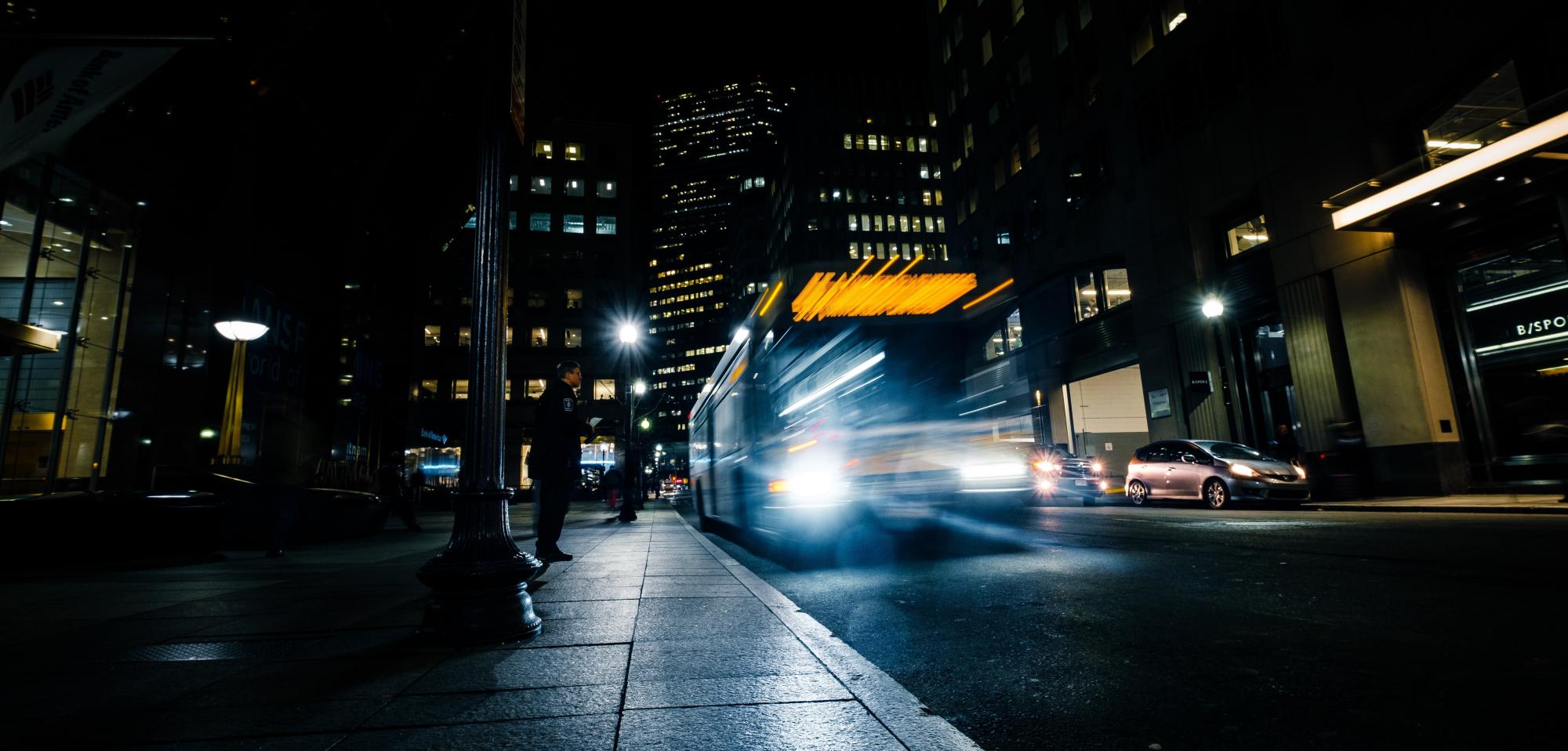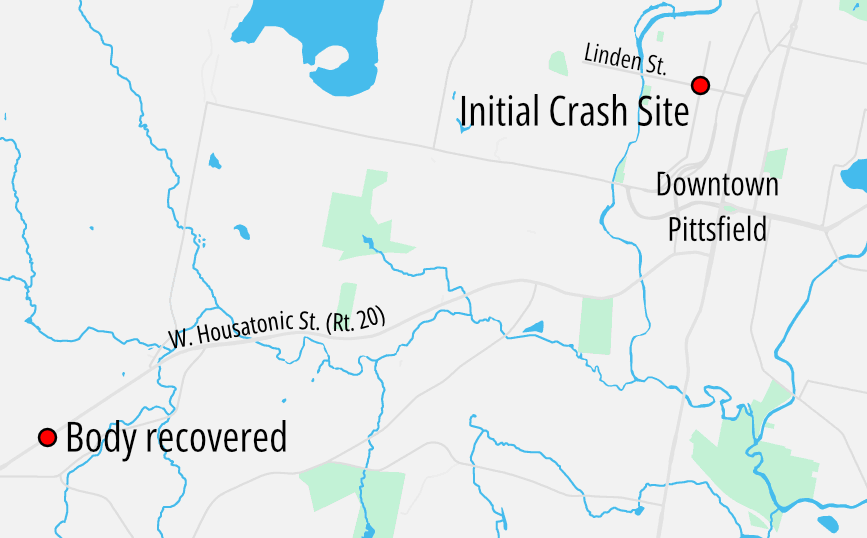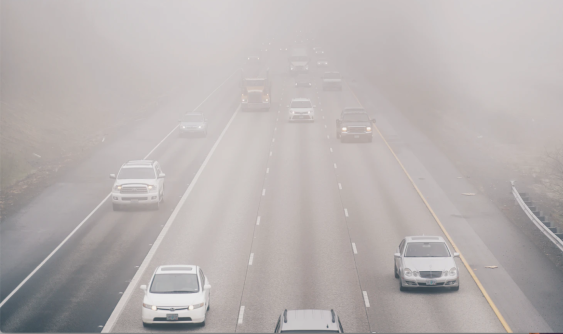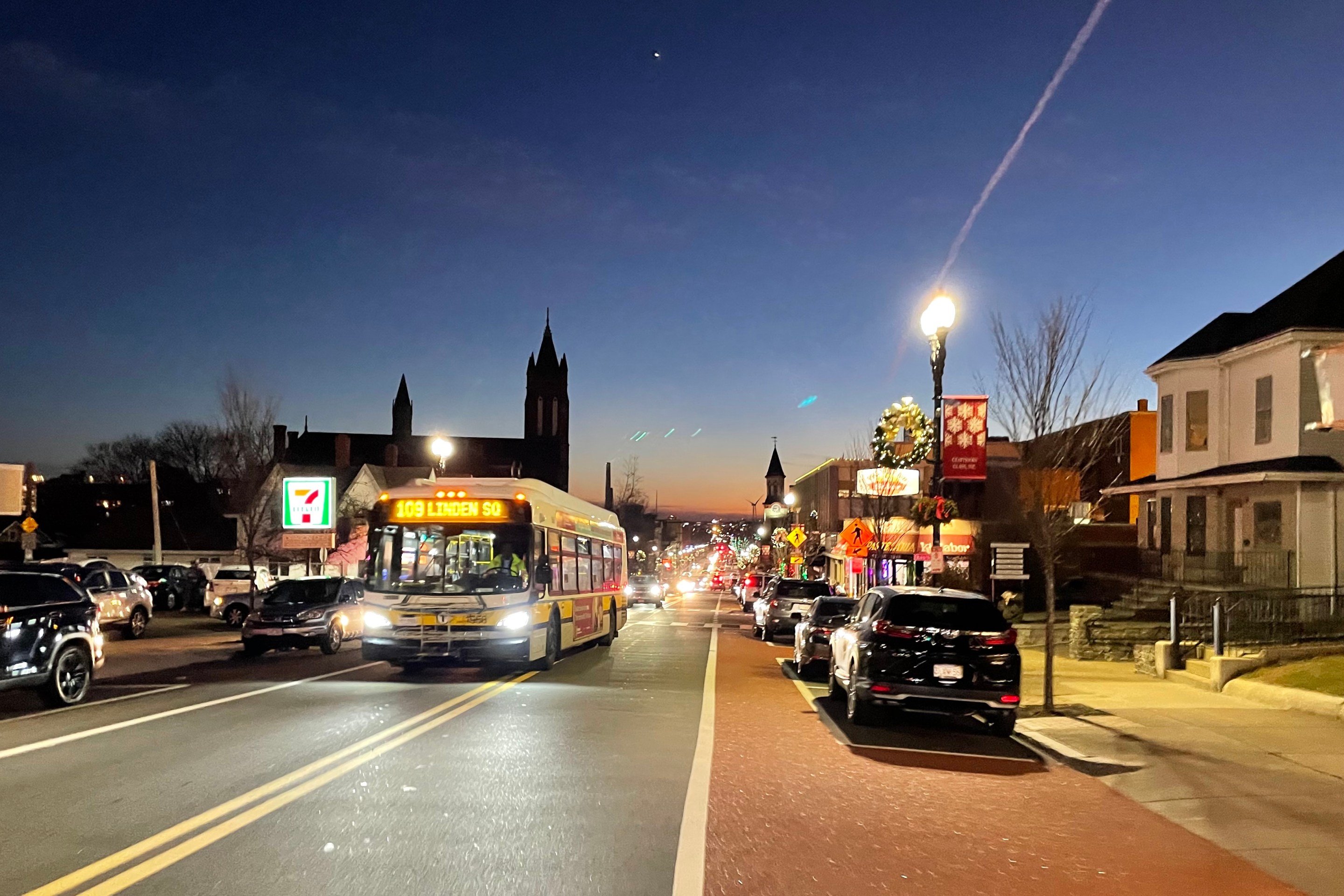The Boston region has doubled down on its commitment to having one of the largest North American transit systems without 24-hour service, after the MBTA Fiscal Management and Control Board voted yesterday to end a pilot effort to run bus trips after 2 a.m.
In June of 2018, following detailed analysis and advocacy from TransitMatters, the MBTA board enacted a late-night bus pilot program, bolstering trip frequency between 10:30 p.m. and midnight on a handful of crowded routes, adding one more trip at the end of the night on other routes, and extending service past 2 a.m. on a "late night spine" that connected lower-income neighborhoods with third-shift jobs downtown and at Logan Airport.
With yesterday's vote, board members recognized the success of the first two elements of that pilot, and voted to make those trips a permanent feature in the system's schedules. According to MBTA data, the additional "fill-in" trips between 10 p.m. and 12:30 a.m. reduced crowding and increased ridership on the eight routes where it was implemented, and ridership also increased on the six routes where one additional trip was added at the end of the schedule after 12:30 a.m.
But the board cited relatively low ridership and a high cost as reasons to cut the bus trips running after 2 a.m.
One possible issue is that many of the MBTA's bus routes are structured to deliver riders to subway stations - stations that close every night between midnight and 1 a.m. The MBTA's late-night runs generally linked several routes together to create a continuous run from employment centers to outlying neighborhoods: for instance, a 2 a.m. trip on Route 93, from downtown to Sullivan Square Orange Line station, continued on to Linden Square on the Malden-Revere border as a Route 109 bus.
But with a limited marketing budget, it was unclear whether regular riders of those bus routes, who many have been accustomed to transferring to subways, were aware of the bus connections.
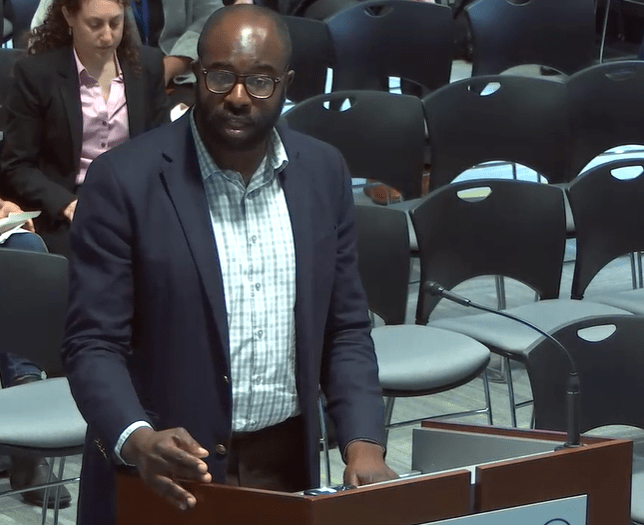
On May 13, before an earlier MBTA board discussion of the late-night pilot, Jarred Johnson, COO of TransitMatters, testified that "we think this segment requires a rethink... Are we picking up at the right stops? Is the service legible? Are the routes right, or are they connecting to a closed subway network?"
Several of the late-night service cuts affect lower-income northern suburbs like East Boston, Chelsea, Revere and Everett - communities that lack alternative bike or pedestrian connections across the Mystic River into downtown Boston after the Blue Line shuts down every evening at 1 a.m. Two late-night bus trips into Dorchester and Mattapan and a 2:30 a.m. Silver Line trip from Logan Airport to Dudley Square in Roxbury were also cut.
Matt Moran, a staffer with the City of Boston's transit team, expressed the city's interest in working with the MBTA to learn from what didn't work this time around and design a new late-night bus service.
"Boston is a 24-hour city, and our transit system should provide options for travelers, especially those coming home from work late in the evening or early in the morning," said Moran in public testimony before the MBTA board. "We want you to work with us on a diagnosis as to why this pilot didn't work, then, using this information, help us figure out a new overnight service... that better serves riders commuting during this late-night period."
